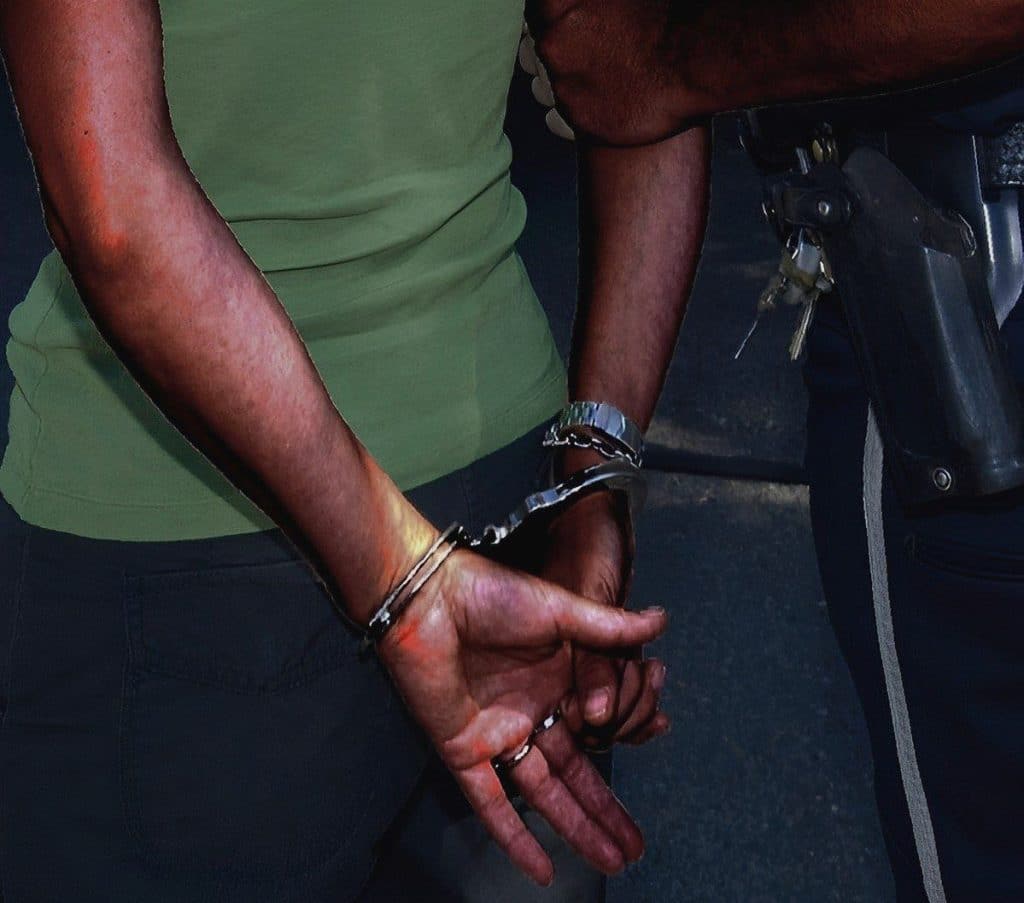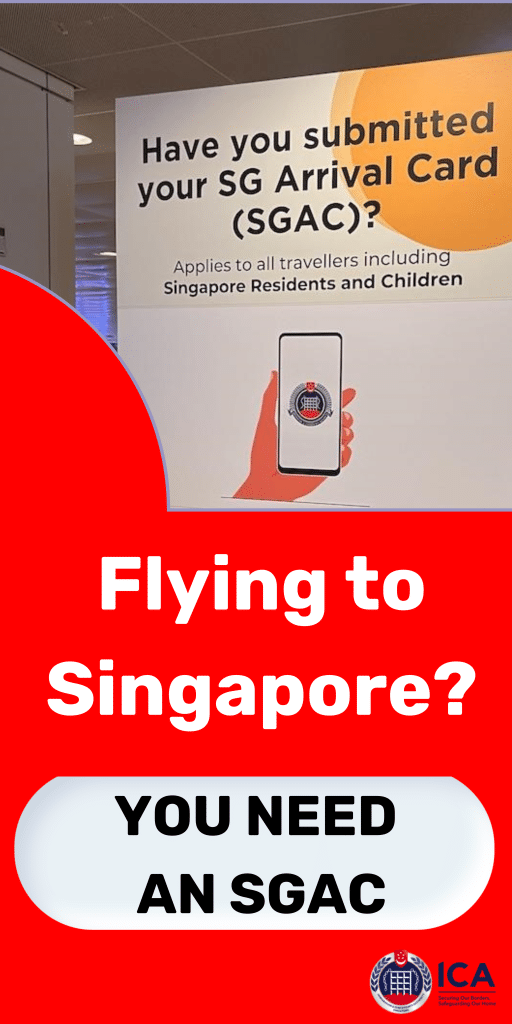With its dense urbanization and diversity, Singapore faces many typical big city risks for crime. Yet the tiny city-state has earned an enviable reputation as one of the safest major metropolises worldwide thanks to proactive policing, tough sentencing and social policies aimed at deterrence.
This article explores how Singapore has cultivated such an orderly, low crime society.
We examine Singapore’s strict penalties, zero-tolerance for corruption, community policing strategies, gun control, surveillance and other factors that collectively enforce public discipline.
While not without critics, understanding Singapore’s approach provides perspective on effectively upholding urban law and order.
Singapore as a Global Leader in Public Safety
Some key facts about Singapore’s public safety:
- Consistently ranked as one of the world’s safest cities by outlets like The Economist.
- Has one of the lowest crime rates globally for offenses like homicide, theft, violence according to UN data.
- Rated AA+ on an A-F scale for personal security in the Safe Cities Index. On par with Tokyo and Copenhagen.
- Streets and public spaces very safe to roam even late into the night compared to other big cities.
- Surveys show nearly 9 in 10 citizens report feeling safe walking alone at night.
Low crime has become embedded in Singapore’s national identity and rise into the developed world.
Deterrent Penalties for Lawbreaking
At the heart of Singapore’s tough stance on crime are harsh sentences enshrined in law:
- Severe penalties for offenses from vandalism and petty theft to drug trafficking and homicide. Includes fines, prison sentences, corporal punishment.
- Singapore infamously is one of the few countries where drug offenses still carry capital punishment like hanging.
- Police have broad powers of enforcement and surveillance with penalties for non-compliance.
- Even minor infractions like littering, jaywalking, chewing gum, punishable by fines to instill social order and obedience.
By minimizing gray areas and providing clear negative consequences, Singapore aims to proactively shape individual behavior away from lawbreaking.
Zero Tolerance of Corruption
- Singapore consistently ranks as one of the world’s least corrupt countries.
- Strong anti-corruption laws coupled with willing enforcement creates low-graft environment.
- Public officers face harsh punishment for bribery or misconduct, setting the tone from the top.
- Competitive public sector salaries reduce temptation for malfeasance.
- Transparency in government procurement, finances and other procedures acts as disinfectant.
Minimizing corruption opportunities in governance, business and society removes a major incentive for serious criminal activity.
Community-Based Policing Strategies
- Nationwide “Neighborhood Watch” promotes citizens monitoring crime together.
- Police partner with grassroots volunteers to increase community engagement.
- Focus on prevention and resolving issues locally reduces crime opportunities.
- Foot patrols allow police greater locality familiarity to anticipate problems.
A community-oriented approach fosters collaboration between police and citizens in deterring neighborhood crime proactively.
Gun Control and Drug Prohibition
- Singapore has among the strictest gun laws on earth. Gun ownership rare; penalties harsh.
- Allows police to remove guns from circulation limiting firearm crimes.
- Adopts similar no-tolerance approach on narcotics as a precursor to addiction and organized crime.
Preventing illicit gun and drug flows stops catalysts for more severe criminality from taking root.
Pervasive Surveillance and Monitoring
- Extensive CCTV coverage in public spaces to increase sensed likelihood of getting caught.
- Electronic road pricing also allows vehicle tracking for traffic enforcement.
- Law enforcement monitors internet closely for illegal activity.
- Apps like SGSecure encourage public filming and reporting of suspicious activity.
Omnipresent monitoring aims to deter criminal inclinations through perceived unavoidability of consequences. But raises privacy concerns.
Tradeoffs of Strict Approaches
Critics contend Singapore’s harsh justice system and surveillance carry costs:
- Criminal penalties considered excessive relative to offenses by global standards.
- May breed resentment and undermine self-policing morals. Focus on fear over norms.
- Press freedom curtailed and political dissent targeted in name of security and harmony.
- Infringes on civil liberties particularly for marginalized groups.
- Harms societies’ openness, creativity and expression.
Conclusion
There are certainly tradeoffs and critiques around Singapore’s relatively authoritarian model of law enforcement and social control. But given its different social context and history, lessons can still be drawn from how Singapore cam build order through deterrence and cohesion.
This meticulous cultivation of safety provides citizens peace of mind and helps enable prosperity. However, Singapore must continue balancing individual rights as it develops into an advanced nation.

Goh Jun Cheng is the chief staff writer for SingaporeAirport.com. Jun Cheng graduated with a degree in journalism from Nanyang Technological University in Singapore.
He has over 5 years of experience writing about aviation, tourism, and lifestyle topics relevant to locals and visitors in Singapore. His articles provide insights into the rich culture, cuisine, and attractions of Singapore. Jun Cheng is an avid traveler who has visited over 15 countries.
When he is not writing or traveling, he enjoys photography, trying new foods, and hiking. As a longtime Singapore resident, Jun Cheng is passionate about sharing hidden gems and perspectives about his home country.




